Positioning in marketing is a fundamental topic for every business. Today, I will show the role of this concept in SEO and its impact on rankings for 2024 and beyond.

Positioning in Marketing: Boost SEO and Rankings in 2024
Positioning in Marketing: What Is It?
Alright, let’s start simple. Think of positioning like choosing where to sit in a movie theater. You could sit at the front, close to the screen, and get completely immersed in the action.
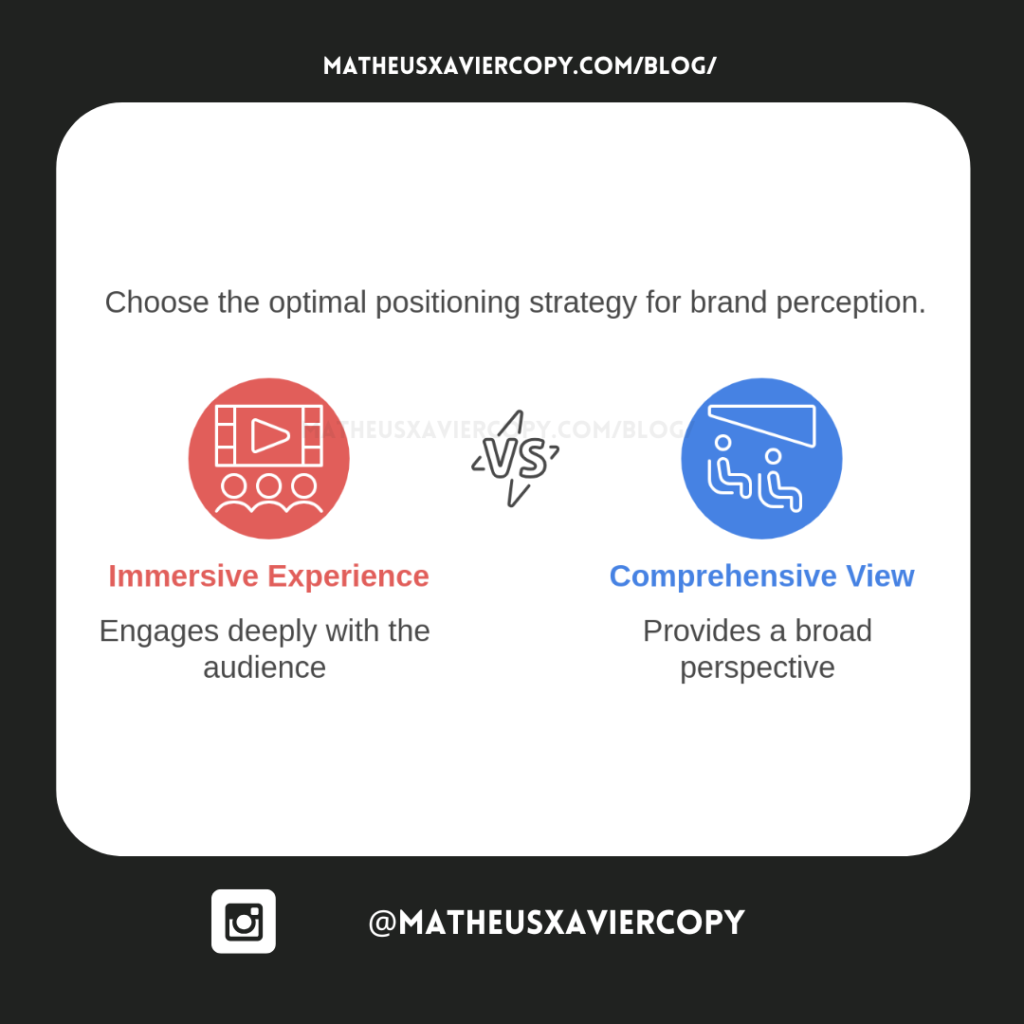
Or, you could sit at the back, where you get the full view of everything happening on the screen. It’s the same movie, but your experience depends on your position.
In marketing, positioning is a bit like that—it’s all about how your brand, product, or service is placed in the consumer’s mind.
You’re not just offering a product; you’re offering an experience, a perception of what your brand stands for, how it solves a problem, or why it’s better than the alternatives.
So, what is positioning exactly? It’s the process of defining your brand’s place in the market relative to competitors. You want your audience to know exactly what your brand stands for and why it should matter to them.
This isn’t just about marketing tactics—it’s about crafting a narrative that resonates with people on a deeper level. It’s about making your audience think, “Hey, that’s exactly what I need!”
Let me put it this way: Positioning isn’t just telling people “I sell cool things.” It’s saying “I sell exactly what you’ve been searching for, and here’s why I’m the best option for you.”
Positioning in Marketing: Why Is It Important?
You see, Google and other search engines care more about the experience a website provides than ever before.
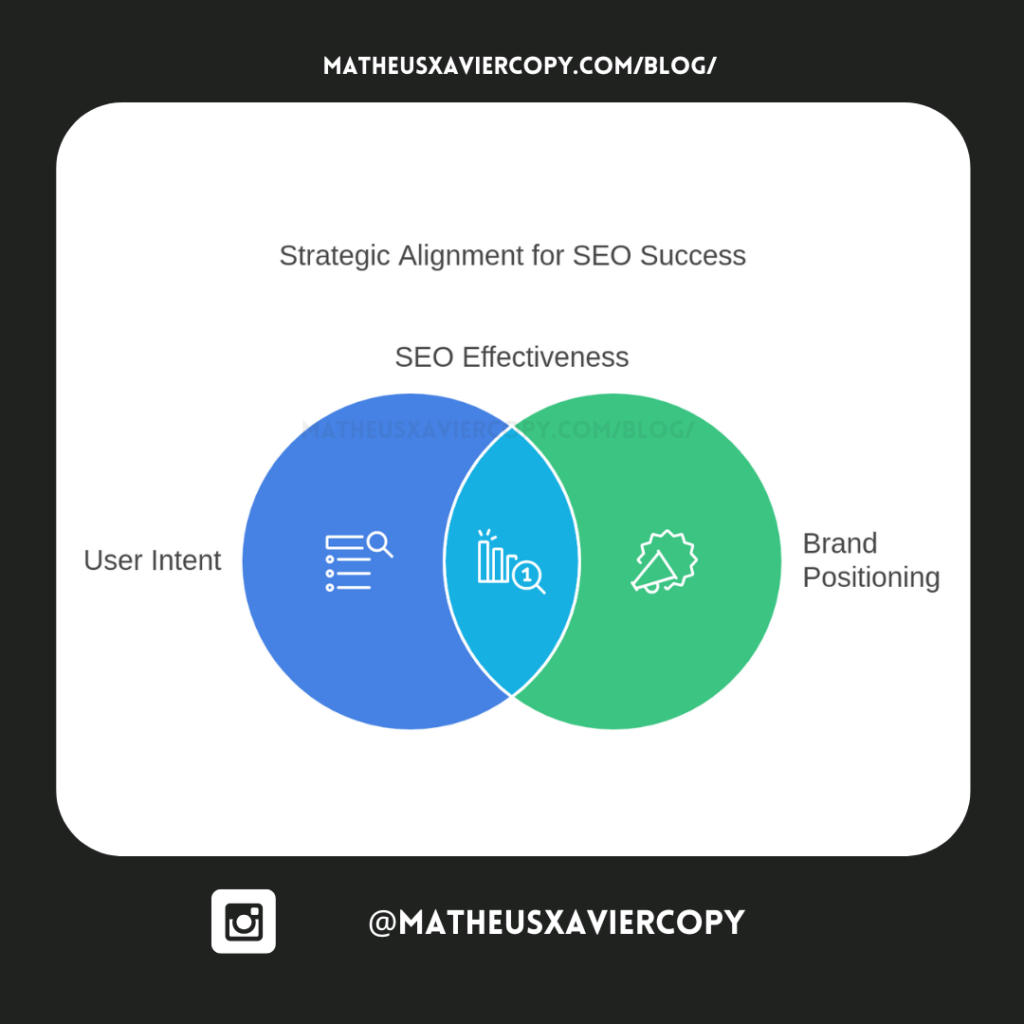
Gone are the days when you could just throw in some keywords and hope for the best. Google now ranks sites based on user intent, quality of content, and relevance to what people are actually looking for.
If you want your brand to appear in front of the right eyes, your positioning has to align with user intent. Think about it: If you’re searching for a new pair of running shoes, you’re likely looking for a store that sells exactly what you need—shoes that are durable, affordable, and fit your running style.
If the brand you land on doesn’t speak to those needs, you’ll bounce, right? That’s where positioning comes in.
Positioning helps you stand out in a crowded market, making sure you’re not just another business in the sea of options. It makes you memorable. It allows your audience to find you when they need you the most.
And here’s the kicker—positioning affects your SEO rankings. How? Well, when you have a clear message that resonates with people, it leads to more engagement, more time on your site, and ultimately, more backlinks and social shares.
Google sees that, and boom, you’re moving up the rankings. In summary, it’s all about addressing the right elements that your potential customer cares about, usually addressed in blog posts.
Positioning in Marketing: What Are the Key Elements?
Let’s break down the key elements of positioning. I promise it’ll be easier to understand with a little bit of a twist. Here are the core elements of positioning:
Target Audience
Just like in Mario, where you know exactly who’s playing the game (whether it’s Mario, Luigi, or even Bowser), you need to know who your audience is. You can’t position your brand if you don’t know who you’re speaking to.
My advice here: Define your target audience as specifically as possible. Are they young professionals? Parents? Sports enthusiasts? The more specific you are, the easier it is to tailor your message.
Unique Selling Proposition (USP)
Remember how Mario has his distinct skills—jumping, running, saving princesses? Well, your product or brand needs its own unique skills, too.
This is your USP—what makes you stand out from your competitors. Think about your brand as the hero of the game. How is it different? Why should people pick you over the others?
Competitive Landscape
What if your brand was a character in a movie? Let’s take Star Wars as an example. You have Darth Vader, Luke Skywalker, and Yoda. Each of them is positioned differently—Darth Vader is the powerful antagonist, while Luke is the hero.
If you’re a business, you need to understand where you fit into this landscape. Are you the high-end brand? The affordable choice? Or perhaps the eco-friendly alternative? You must know how you compare to the competition and where you stand.
Brand Messaging
In the same way you might write a poem or novel, your brand messaging should reflect your core values and vision.
If you’re targeting a younger audience, your tone may be casual and playful. If you’re going after professionals, you may want a more authoritative and polished voice. The messaging is your brand’s personality—it’s how you communicate your values and unique positioning.
Emotional Connection
I know it sounds like a lot to handle, but here’s a little tip: position your brand in a way that builds an emotional connection with your audience.
Think about how video games, like Mario, make you feel—a sense of adventure, excitement, or nostalgia.
Position your brand to tap into emotions that resonate with your audience. Do they crave innovation? Convenience? Adventure? Build your marketing message around these feelings.
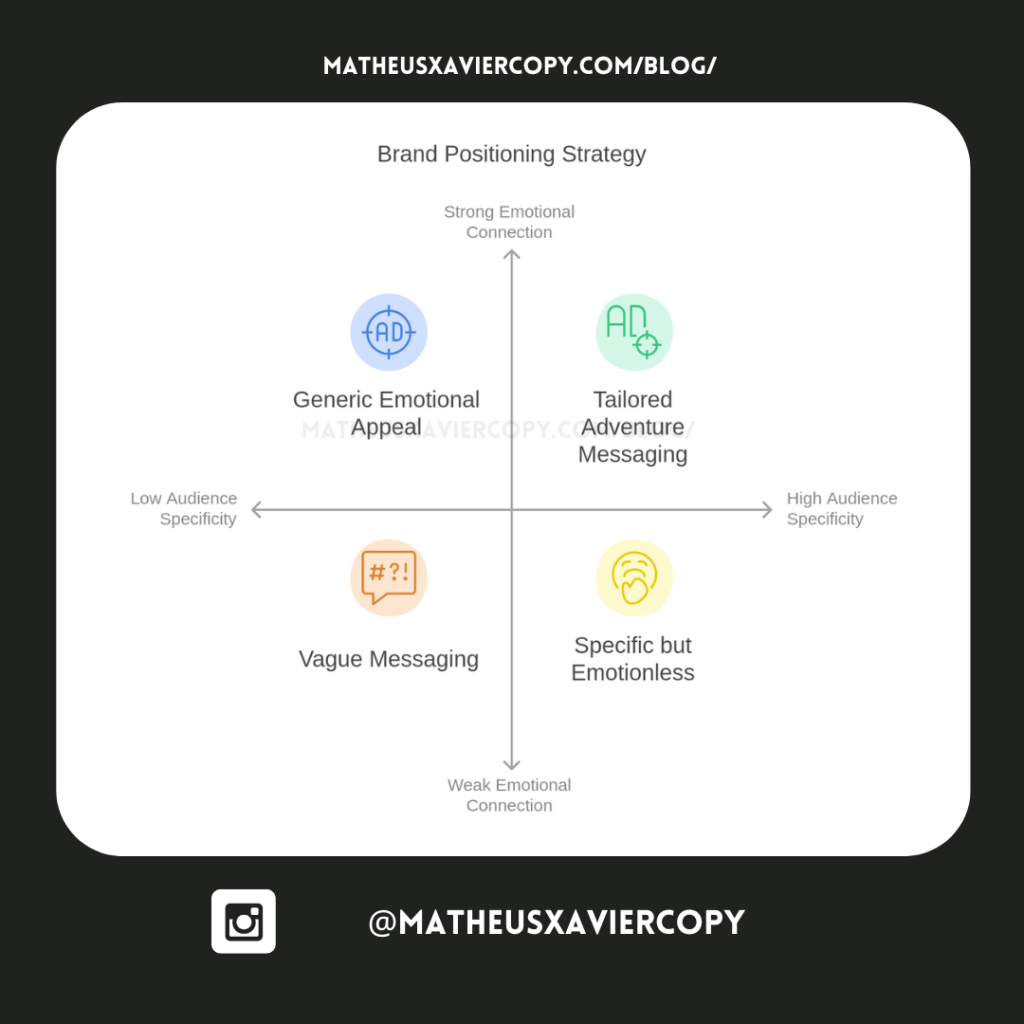
Conclusion
So, there you have it—positioning in marketing is not just about getting the right keywords in place. It’s about crafting a story that resonates with your audience and places you exactly where you want to be in their minds.
It’s like picking the perfect seat in a theater, where you know you’re going to have the best view of the movie. To recap:
- Know your audience and speak directly to them.
- Define your USP and make sure your product stands out.
- Understand your competition and carve out your space.
- Craft your messaging in a way that reflects your brand’s personality.
- Build an emotional connection that drives loyalty.
The next time you sit down to optimize your SEO strategy, think of positioning as the secret weapon that will boost your rankings and make your brand unforgettable.
And don’t forget—getting the right positioning means you’ll attract the right audience and climb those rankings faster than Mario can jump over a Goomba!
Did you enjoy the content so far? Let me know how you plan to apply positioning to your business or freelancing efforts. I’d love to hear your thoughts!
Did you like our content about positioning in marketing? Share it! And don’t forget to check out the brand-new articles we have on the blog to learn more and achieve the best results with your website.


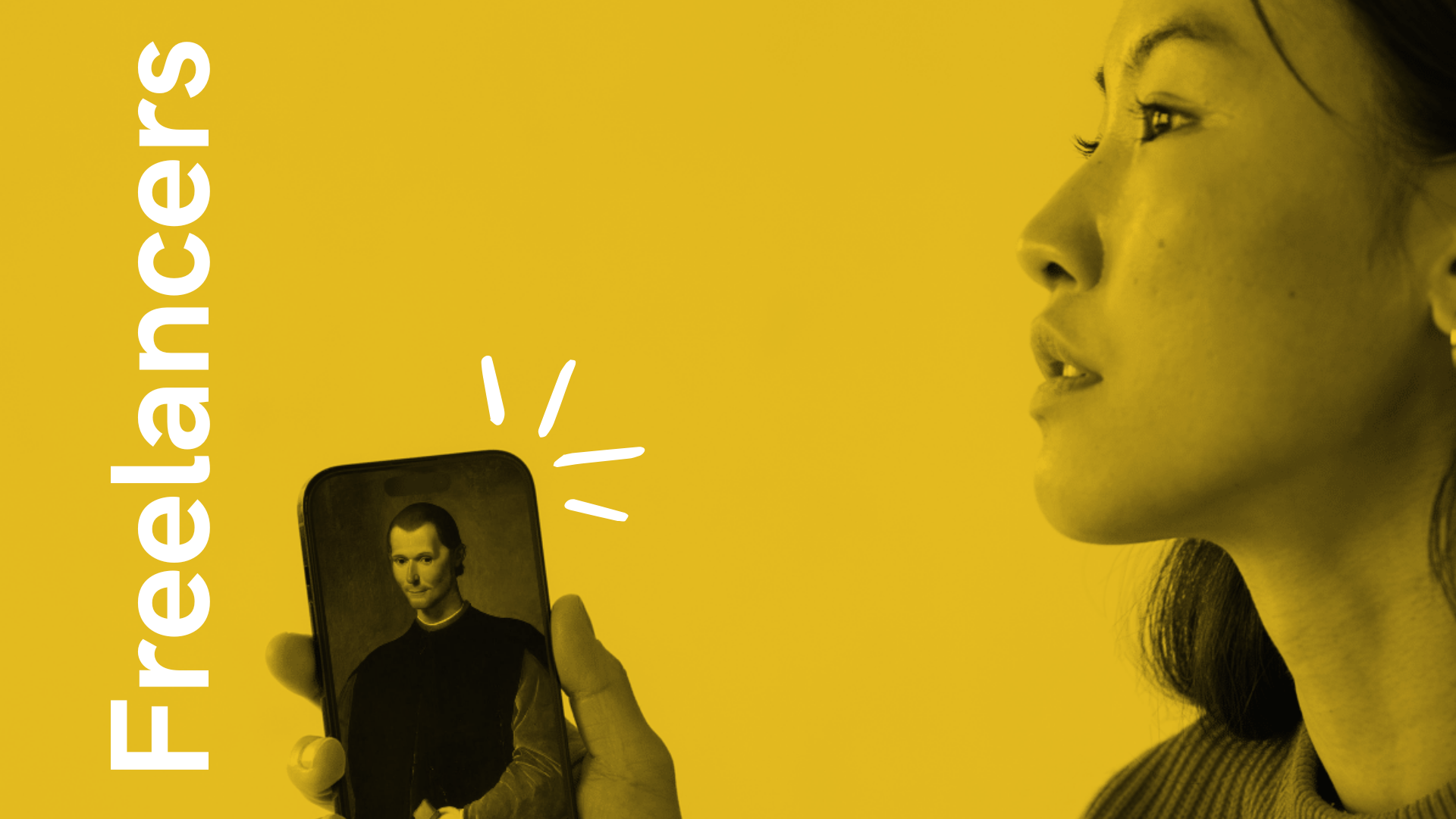






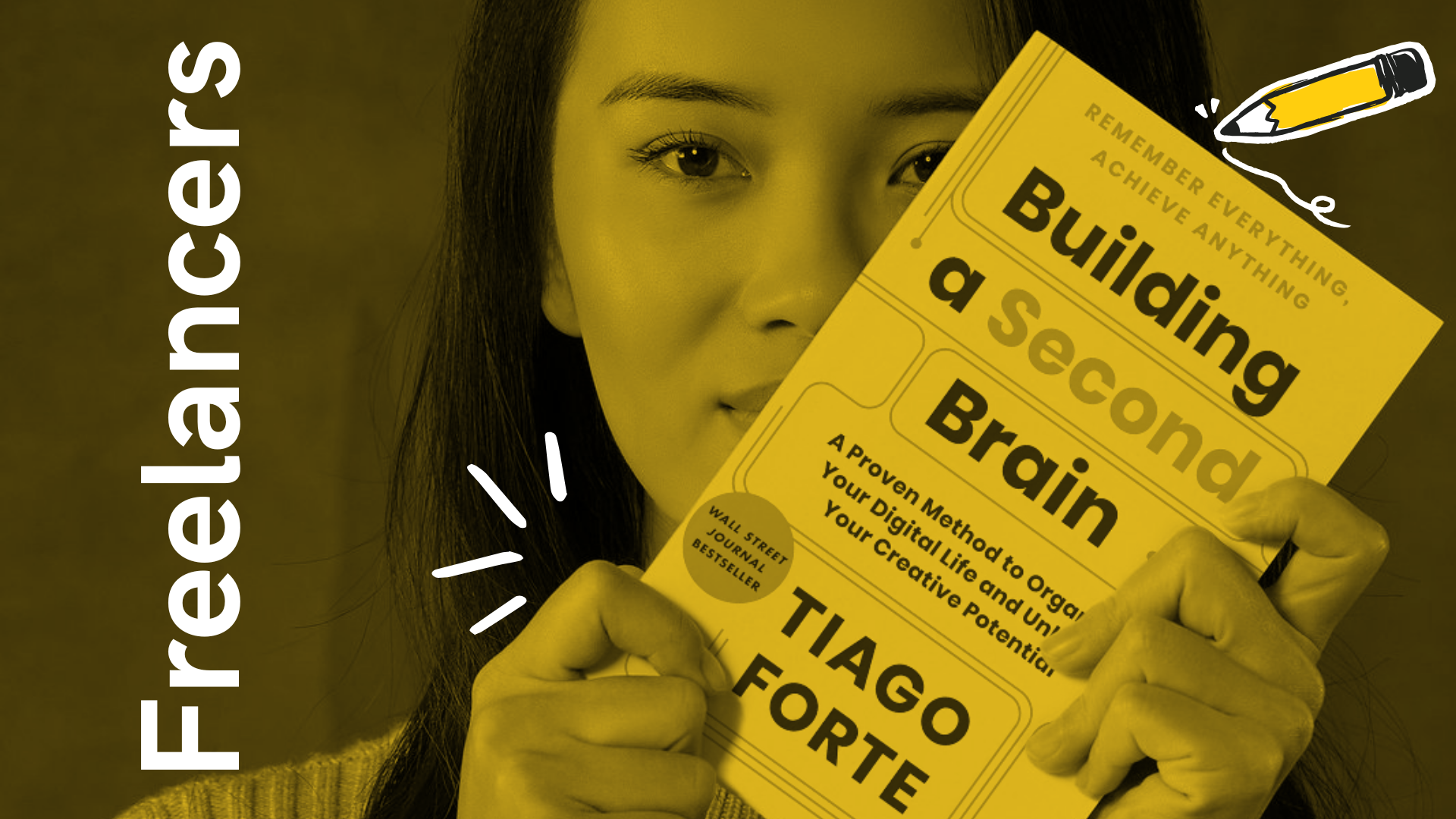



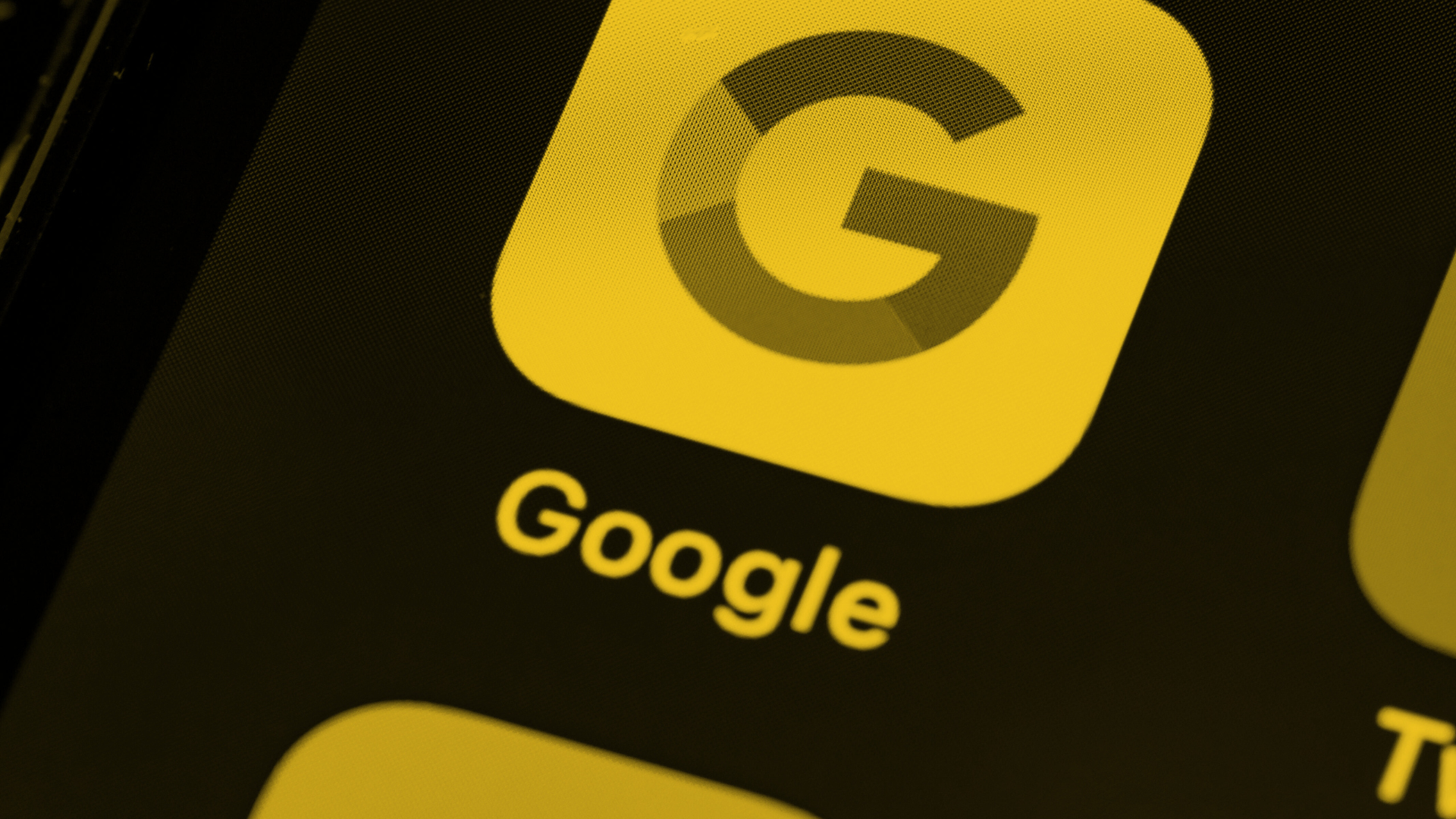

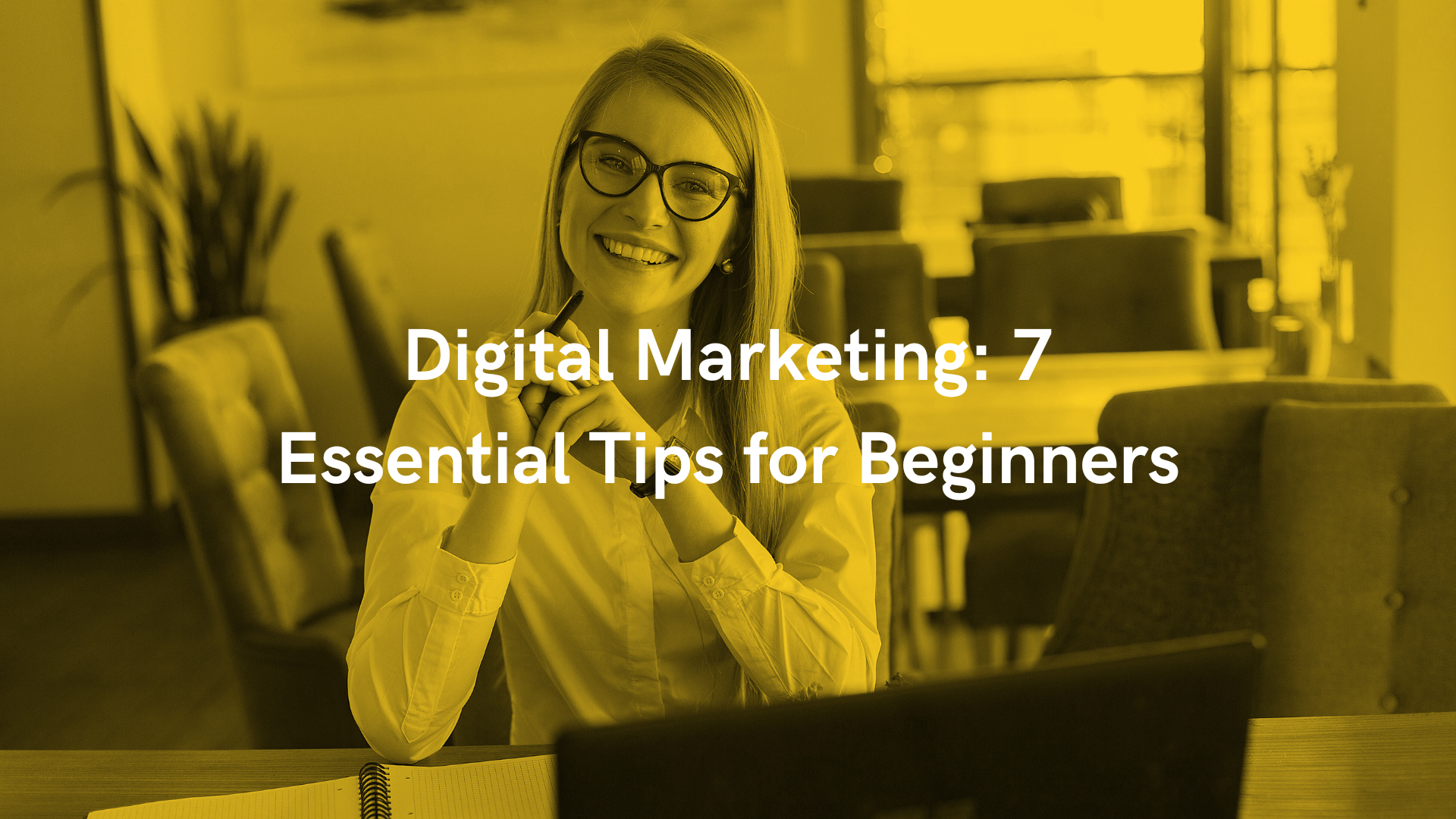







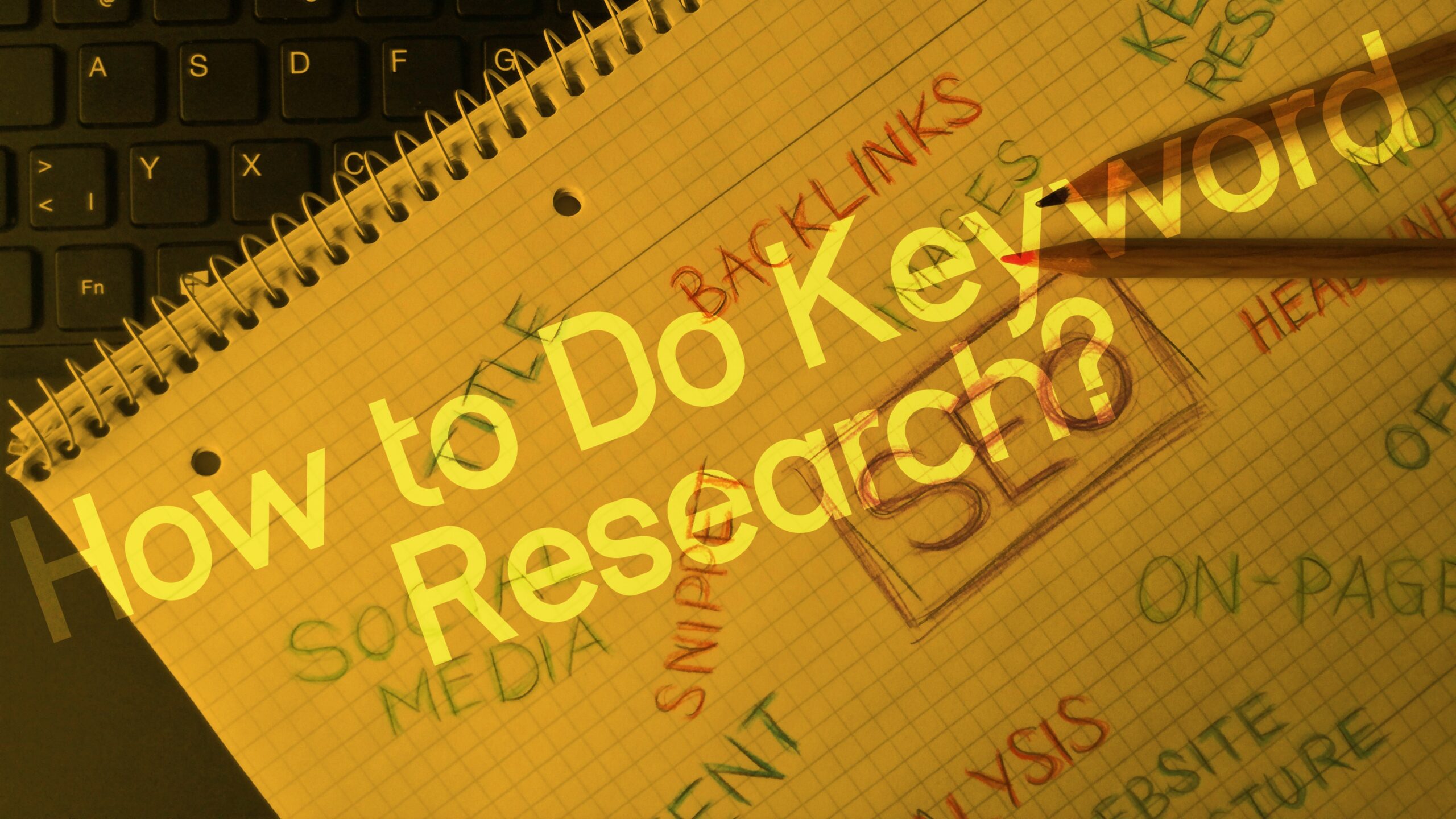



![How to make a headline? [Learn Copywriting in 3 steps]](https://matheusxaviercopy.com/wp-content/uploads/2024/11/Picsart_24-11-08_23-10-34-695-scaled.jpg)
![What is off-page SEO for website? [Understand in 1 minute]](https://matheusxaviercopy.com/wp-content/uploads/2024/11/Picsart_24-11-05_09-49-51-640-scaled.jpg)
![Content and SEO: Why do technology companies need it? [2024]](https://matheusxaviercopy.com/wp-content/uploads/2024/10/Picsart_24-10-15_17-25-02-236-scaled.jpg)


![SEO: What are the key elements? [Understand in 30 seconds]](https://matheusxaviercopy.com/wp-content/uploads/2024/10/Picsart_24-10-09_11-57-22-785-scaled.jpg)
![SEO: What is it in simple terms? [Understand in 30 seconds]](https://matheusxaviercopy.com/wp-content/uploads/2024/09/Picsart_24-09-10_11-16-03-082-scaled.jpg)


